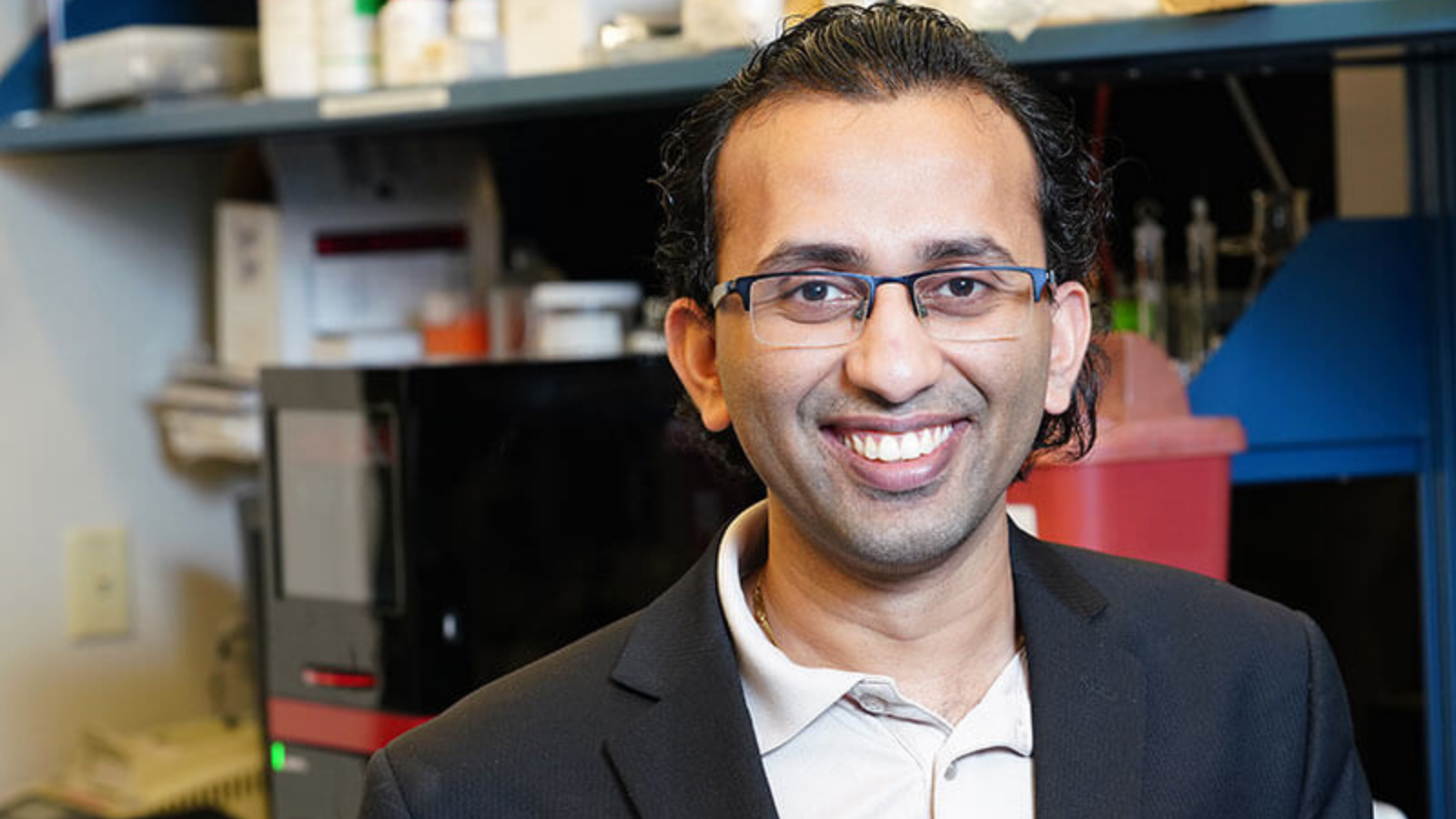Purdue Professor Tackling Bovine Respiratory Disease with Over $1M in Funding

Bovine respiratory disease is the most common and costly disease affecting beef cattle in the world. Mohit Verma, assistant professor of agricultural and biological engineering at Purdue University, recently received multiple awards, totaling $1.4 million, from the Foundation for Food and Agriculture Research (FFAR) to support his groundbreaking work to produce a biosensor-based decision-making tool to manage the disease. The innovation will also help reduce and target the use of antibiotics, strengthening public trust in animal agricultural practices of antibiotic stewardship.
FFAR recently announced Verma’s receipt of the FFAR New Innovator Award and the International Consortium for Antimicrobial Stewardship in Agriculture (ICASA) Technology Working Group Award. With this new support, Verma’s team now has additional industrial collaborators including Cactus Feeders, Five Rivers Cattle, Tyson Foods, McDonalds (ICASA) and Elanco Health (New Innovator Award).
Verma explained why the complexity of this bovine disease has long presented challenges that he believes his team can address with new technology.
“Bovine respiratory disease is a complex syndrome with multiple infectious agents, including bacteria and viruses,” Verma said. “And the emergence of antibiotic resistance has definitely complicated this issue. But I feel confident we can develop biosensors that can be used in the field that determine which pathogen is present. Biosensors are low-cost and user-friendly. Since our biosensors incorporate most of the complexity within the device, users will require minimal training. With support from FFAR and our industrial partners we will be able to create a diagnostic solution that will reduce losses, improve productivity and reduce the spread of antibiotic resistance.”
Nate Mosier, agricultural and biological engineering department head and professor, nominated Verma for the FFAR New Innovator Award and praised Verma’s progress during the two years he has been at Purdue.
“Dr. Verma has built an impressive laboratory and network of professional colleagues that includes veterinarians, animal scientists, microbiologists and farmers—all of whom will be essential to bringing his innovative technologies to farmers and ranchers,” said Mosier.
Verma is working on these FFAR-supported projects with Purdue colleagues: Jon Schoonmaker, associate professor of animal sciences; Timothy Johnson, assistant professor of animal sciences; Jennifer Koziol and Deepti Pillai, clinical assistant professors, College of Veterinary Medicine; and Aaron Ault, senior research engineer for the Open Ag Technology Group.
Verma came to Purdue after completing a Banting Postdoctoral Fellowship at Harvard University. He received his doctorate in chemical engineering (nanotechnology) from the University of Waterloo, where he also earned a bachelor of applied science in nanotechnology engineering. His lab has recently published their first paper on this technology in ACS Agricultural Science and Technology .
